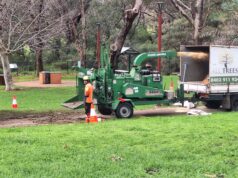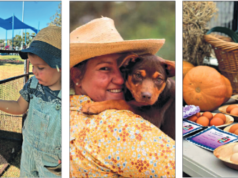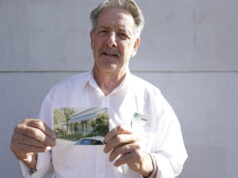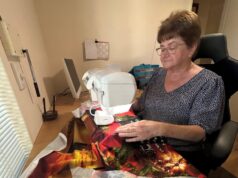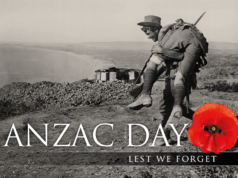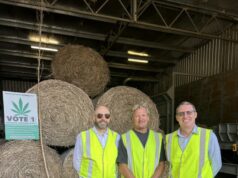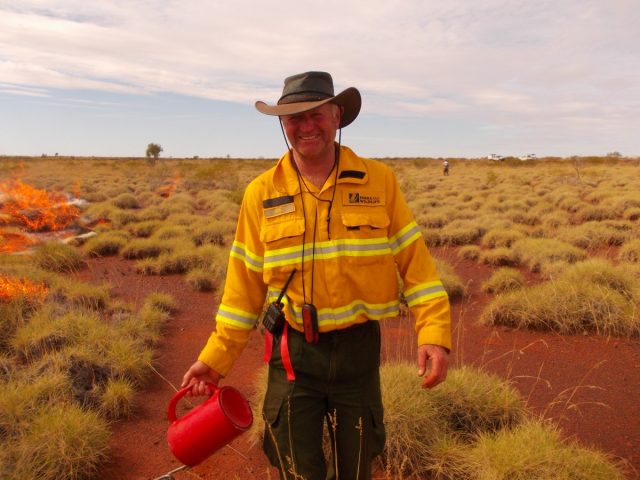
With more than 42-years of experience under his belt, Dr Niel Burrows was awarded the Australian Fire Services Medal during this year’s Australia Day Honours.
Dr Burrows was recognised for his work in behaviour and ecology to help reduce the bushfire risk.
“I am really humbled and proud to have received this award,” he said.
“It’s wonderful to get awarded for the work that you have done.
“This award also recognises all the work that comes from the Department of Biodiversity, Conservation and Attractions’ Parks and Wildlife Service.”
He initially undertook firefighting duties on the fire ground at bushfires and prescribed burns with fire crews and in a field officer capacity.
A notable achievement is the establishment and ongoing management of two long term field experiments that compare the response of jarrah forest vegetation to varying combinations of fire frequency and seasonality.
It’s now been 12 months since his retirement but Dr Burrows said he will continue to conduct active research on bushfire science and land management, in particular landscape mosaic burning.
Landscape mosaic burning is the deliberate creation of a planned fire at different intensities, scale and times within a broader landscape to create patches of burnt and unburnt areas that can change over time.
The 65-year-old award winner has also led teams in several projects researching fire and its impacts on the environment, including a project that involves better understanding of behaviour of summer bushfires, the effectiveness of aerial suppression (water bombers), and the physiological stress on firefighters on the fire line.
Considering all the catastrophic bushfires affecting Australia, the Rossmoyne resident has also built on his skills and expertise over the years to help improve bushfire management.
However Dr Burrows said this tragedy is still unfolding and will have an enormous impact on the environment.
“It’s going to take decades to fully recover,” he said.
“It is important to better manage fuel build up, prescribe burning at the right time, help rebuild our community and look at better ways to prepare our community for these sort of disasters.”




